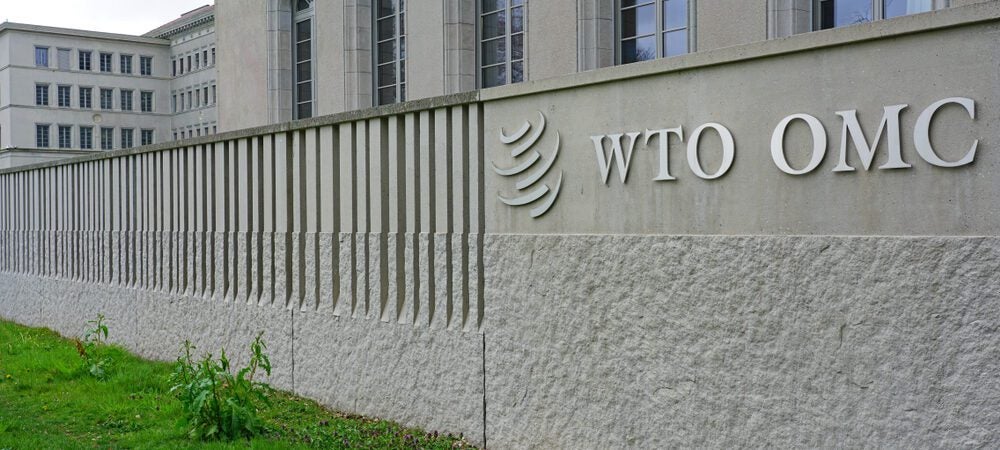To remain relevant in the international trading system, the World Trade Organization (WTO) may need its members to engage directly over the issue of industrial policy. The staff at the major international organizations—the International Monetary Fund (IMF), the Organization for Economic Cooperation and Development (OECD), the World Bank, and the WTO—have put out an explicit plea for a renewed work program and policymaker engagement on the issue. This paper explains the new emphasis on industrial policy and explores priority areas for economic research to help inform policymakers at the front lines of the rules-based trading system.
For a number of overlapping reasons, today’s industrial policy seems different from policy in the past. It is often forcefully pursued by major highincome industrial economies, including the United States, the European Union, and Japan, as opposed to emerging economies. China’s use of industrial policy is both motivating these new users—sometimes to deploy industrial policy themselves, sometimes to defend their economies from China—and driving some of the associated WTO challenges. Today’s industrial policy objective is also often less about learning for the first time how to competitively produce a good or acquire the necessary technological absorptive capacity to do so, which is what often motivated past infant industry policies for developing countries. Instead, the objective appears aimed at returning parts of a supply chain for industries ranging from semiconductors to personal protective equipment (PPE) that were once present but that have since been offshored.
Industrial policy today is also sometimes motivated by objectives other than increasing firm-level productivity or generating spillovers to other sectors and thus enhancing national economic growth. Instead, industrial policy is aimed at diversification in the name of supply chain resilience, fear over the weaponization of exports by trading partners, maintenance of technological supremacy, or the desire to offer future policymakers more control over economic activity in response to expected shocks. In the presence of cross-border supply chains, some governments are seeking to coordinate their industrial policies with key partners, as opposed to implementing everything at the national level in an attempt at reshoring. Overlaying other considerations is the existential threat of climate change, an important driver behind many modern industrial policy initiatives.
To explore these interrelated motivations for today’s industrial policy and its numerous implications for the WTO, this paper is organized as follows. The next section briefly introduces the historical economic approach to industrial policy, borrowing from Harrison and Rodríguez-Clare (2010). The starting point of this literature is typically market failures, developing countries, and how industrial policy can improve firm-level productivity growth and possibly national economic growth.
Section 3 turns to the dominant economic framework motivating the WTO. It draws on Bagwell and Staiger (1999, 2002) as well as key WTO rules and the role of enforcement. The WTO is interpreted as providing an institutional setting for large countries to coordinate policies and set rules on behavior to neutralize the international externality implications of their actions and solve a prisoner’s dilemma problem. This section also explores the economic understanding of current subsidy rules with implications for industrial policy. It describes unease with the evolution of those rules, gaps in knowledge, and important data and measurement shortcomings.
The subsequent two sections form the heart of the paper. They introduce four areas in which modern industrial policy has emerged as a major issue for the WTO. Section 4 tackles the myriad challenges introduced by China. Section 5 examines areas of supply chain resilience, supply chain responsiveness, and climate change. The four issues are not cleanly separable; the last three are independent areas of concern, but China plays a critically important role in each. The last section concludes by motivating the need for further economic research.
Chad P. Bown is the Reginald Jones Senior Fellow at the Peterson Institute for International Economics.
wp23-15To read the abstract published by the Peterson Institute for International Economics, click here.
To read the full working paper, click here.

